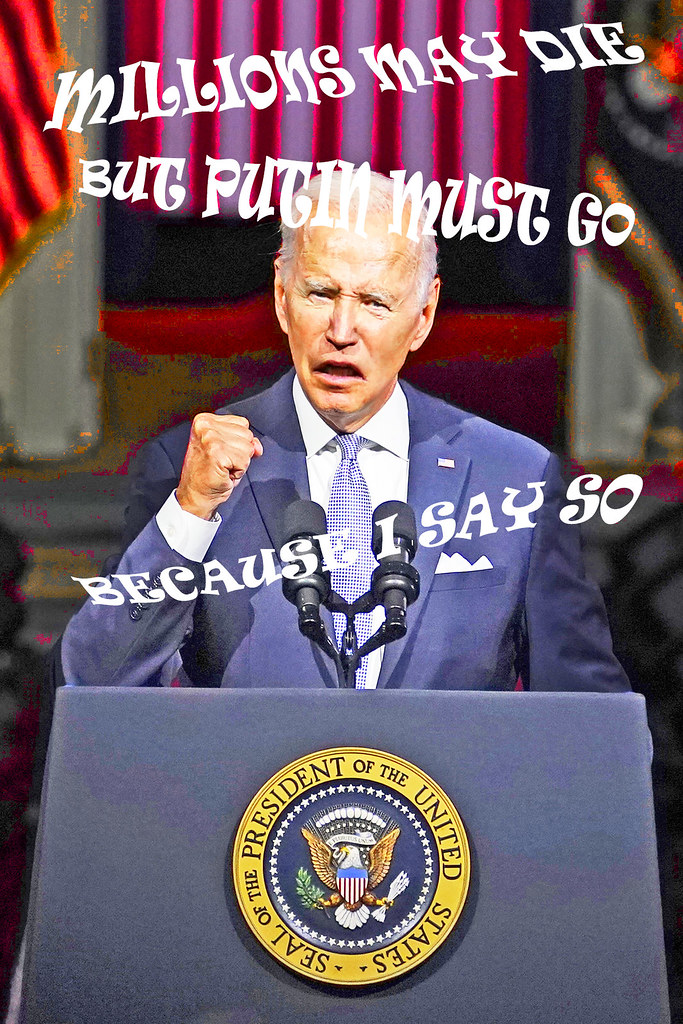President Joe Biden’s recent comment regarding Russian President Vladimir Putin has highlighted the prevailing pessimism among Western officials and Ukraine about the prospects of improved relations with Russia as long as Putin remains in power. Biden’s off-the-cuff remark, which was quickly clarified by his administration, not only expressed frustration with the devastating consequences of Russia’s invasion of Ukraine but also revealed a deep-rooted belief that Putin’s leadership hampers any possibility of progress. This sentiment resonates within the transatlantic alliance and is notably echoed by Ukrainian President Volodymyr Zelensky, who has emphasized the need for a new Russian leader for meaningful peace talks to commence.
The skepticism surrounding Russia’s ability to change course under Putin is well-founded. Putin has led the country down a darker and more authoritarian path, a trend that has been exacerbated by the invasion of Ukraine. Recent events, such as the unwarranted detention of The Wall Street Journal reporter Evan Gershkovich in March and the sentencing of opposition activist Vladimir Kara-Murza to a lengthy prison term in April, bear striking resemblances to tactics employed during the Soviet era. Once leaders become reliant on repression, they become hesitant to exercise restraint for fear of appearing weak and empowering their critics and adversaries. In fact, Putin seems to be steering Russia further toward totalitarianism, rallying Russian society not only in support of the war on Ukraine but also against the West.
While it is plausible to consider that relations with Russia could improve if Putin were to step down, history offers little cause for optimism regarding political transitions following the departure of long-term authoritarian leaders. The path to a better Russia is not only narrow but also fraught with challenges. Authoritarian leaders rarely relinquish power while still engaged in a war they initiated. As long as the conflict persists, Putin’s position remains secure, diminishing the likelihood of positive change. Furthermore, authoritarian regimes often endure even after the departure of long-standing leaders like Putin. If he were to die in office or be removed by internal forces, it is probable that the regime would persist, maintaining similar foreign policy objectives and engaging in prolonged confrontation with the West.
The current circumstances surrounding Russia and its relationship with the West necessitate a realistic assessment of the challenges that lie ahead. While hopes for change may be tied to a post-Putin era, it is crucial to acknowledge the complexities of political transitions and the potential for continuity within authoritarian regimes. Finding a path toward a better Russia demands a delicate balance between realism and determination to address the underlying issues that perpetuate the current state of affairs.



